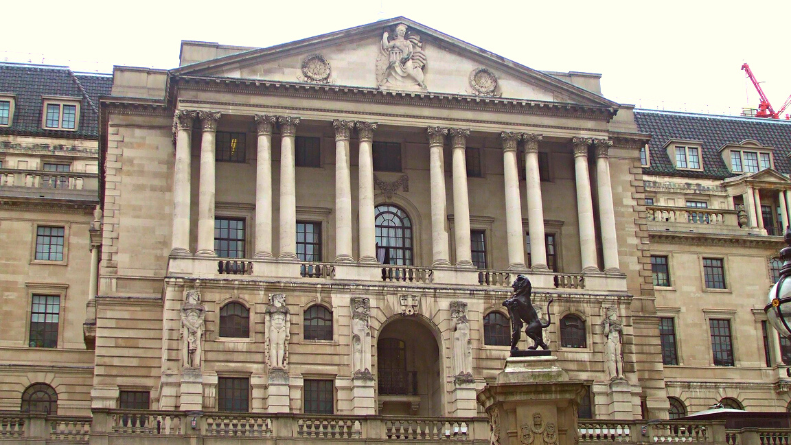The BoE’s Role in the Housing Market
The Bank of England, or BoE, is the UK’s central bank and plays an important role in the overall UK economy, including the housing market. Housing market developments are critical information for the BoE to keep track of and anticipate in advance. For this purpose, they monitor the economy and the financial system, as well as the impact their policies are having on the economy. Based on historical data, some are easy to predict, while others are more challenging.
To name just one area where they play a role in the housing market, they set interest rates, which has an effect on how much it costs to acquire a mortgage. Then, the higher the interest rate is set, the more it will cost to pay back the mortgage loan. You can find out more about interest rates and banks here.
In addition, they ensure that banks have the ability to absorb any losses they may incur through mortgage lending. As a result, you may save and borrow money without worrying too much about economic stability. Finally, they handle large transactions, such as the purchase of a home.
What’s the significance of the housing market to the BoE?
House prices, along with the quantity of house sales, have an influence on the amount of money people have available for discretionary spending. When it comes to the economy, UK household expenditure accounts for around two-thirds of the total economic output, and any fluctuation in this spending will have a knock-on effect on the whole economy. It’s possible, therefore, to get a sense of general consumer demand by keeping a close eye on what’s happening in the property market.

The greatest portion of a typical family’s debt is owed on their home by way of a mortgage loan (70% of all money borrowed is for mortgages). Consumption growth during an economic downturn is more difficult to forecast when many families have substantial levels of debt. Concern over repaying debts might prompt some people to decrease their expenditure at the first indication of uncertainty. This has a ripple effect on the rest of the economy, and a small issue can quickly become a major one as the ripple effect accumulates.
There is a risk to the UK financial system because mortgage lending is a bank’s primary operation and business.
Does the BoE regulate the housing market?
The straightforward answer is no, but banks are regulated by the BoE. Given that they are responsible for safeguarding the financial system and the economy as a whole, they are primarily interested in the larger picture. They are able to accomplish this because they have a few powers at their disposal.
In order to limit the number of high-risk mortgages that banks are willing to take on, the government provided them with two additional instruments in 2015 to achieve this. One way they do this is by limiting the number of individuals who take out loans that exceed the value of their homes. Banks are taking a big risk by making these loans. The bank loses money if the house is worth less than the loan when the borrower is no longer able to pay their mortgage.
Furthermore, people who borrow a lot compared to their income might be limited in this way as well to reduce risk. These folks are more inclined to cut back on discretionary spending if interest rates rise, their wages fall quickly, or if their wages do not keep pace with inflation.
When you buy a house, what happens?
Imagine this: you’ve found your dream home, you’ve signed the paperwork, and now the money is ready to be transferred. When you borrow money, your bank sends it to your conveyancing solicitor, who then sends it to the seller’s lawyer.
Meanwhile, the largest payment that you will likely ever make is being handled behind the scenes as you enjoy your new house.
However, suppose the money is transferred in the morning, but due to a payment system setback, it doesn’t arrive until the afternoon of that day. During your lunchtime break, you discover that your bank has collapsed. What now?
This is when the BoE steps in. They have bank accounts with all of the main UK banks in order to avoid any such scenario from happening. Real Time Gross Settlement (RTGS) is the term they use to describe a service that allows transactions to be resolved promptly and completely. As for going bankrupt, that’s impossible for a central bank.
ARE YOU READY TO START INVESTING?
Subscribe to our mailing list now for exclusive deals, investment guides and the latest information from the property market.






